In a Q&A session following a seminar on doctors’ health, speaker Dr Blánaid Hayes, Dean of the Faculty of Occupational Medicine, RCPI, noted that the booklet for NCHDs at Beaumont Hospital, Dublin, has a paragraph outlining that doctors are expected to find their own sick leave cover. She said this issue “has incensed me since I started working there”.
Dr Hayes said doctors were “unique” among employees of the health service in having to get their own cover when sick.
“It is absolutely ridiculous,” she said. “I remember we had one young man down one day [in the department], he was really miserable with norovirus, vomiting in the toilet, shouldn’t have come down to us of course, should have gone straight home, but his overriding concern was that he had been told he had to get cover for himself.”
Dr Hayes, who led national research on the wellbeing of hospital doctors in Ireland, which found one-in-three suffered burnout, commented: “These are the systems challenges that we have to challenge; to say it is not okay to get sick people to assume the responsibility of having to get cover. But the problem too is that there is no slack in the system, so that if one is down, the whole system creaks. It is already creaking anyway… I think we have to change some of those old habits. It has been like this forever and other employees wouldn’t dream of tolerating it.”
Dr Illona Duffy, a GP in Monaghan, said many doctors feel they cannot take sick leave due to the nature of their responsibilities and the pressure it will put on colleagues.
She said when doctors enter training, they must be assured that it is okay to be sick and be encouraged to have their own GP.
Dr Duffy also spoke about the impact on doctors of patient suicides and the lack of support for GPs following these tragic deaths.
She said while debriefing and counselling for healthcare professionals following patient suicides happens in other areas of healthcare, there is no such process for general practitioners.
In the last five years, there had been six suicides of patients in her practice, “all of whom I had personal dealings with and three of whom I went to pronounce as dead. No counselling was provided to me at any stage… and that is something that will always impact on you and you will always remember.”
Speaking to the <strong><em>Medical Independent</em></strong> (<strong><em>MI</em></strong>), Dr Duffy said: “Often, these are patients we have known for years and there is always a question; you always feel, did you miss something? You are dealing with the loss of the patient and what this meant to you… but also dealing with the after-effects on the family who are traumatised.” Pronouncing a patient dead in such circumstances can be very harrowing for GPs, she added.
While GPs can informally engage with colleagues to discuss their feelings, a formal support process, as occurs in hospitals,should be in place, said Dr Duffy.

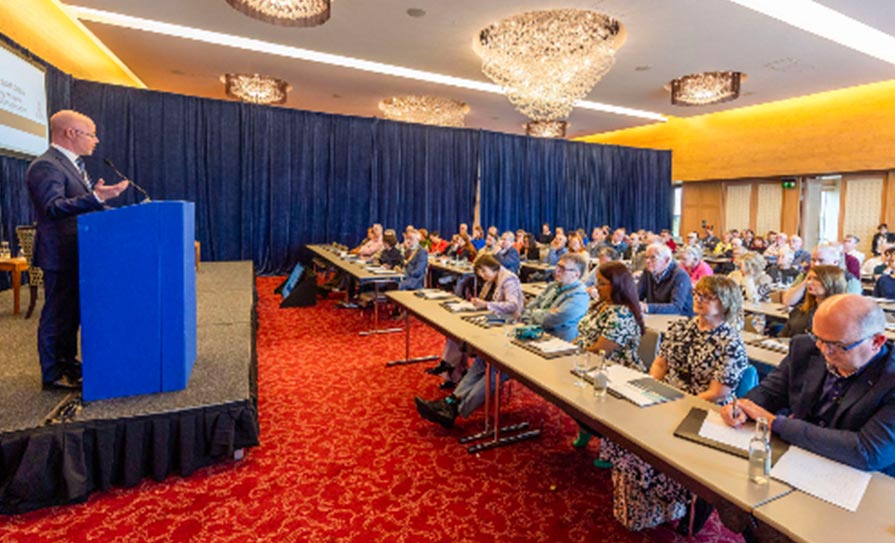

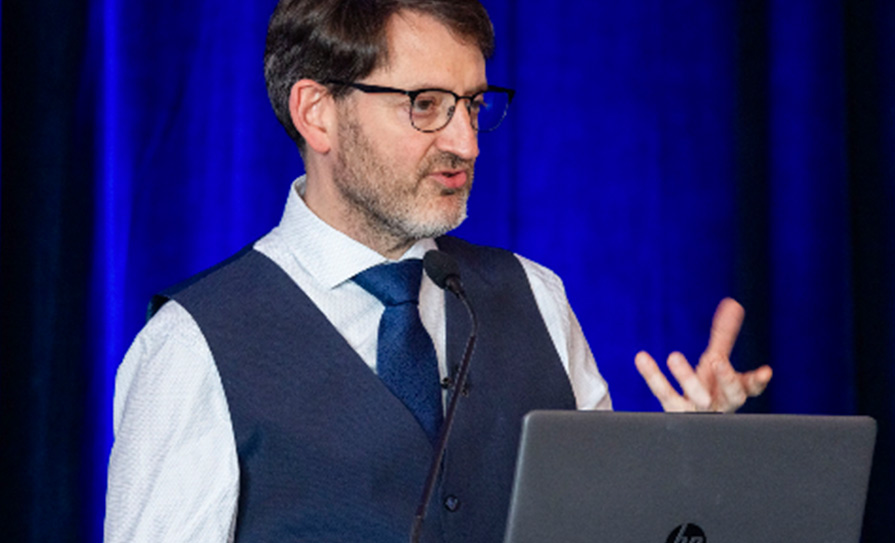
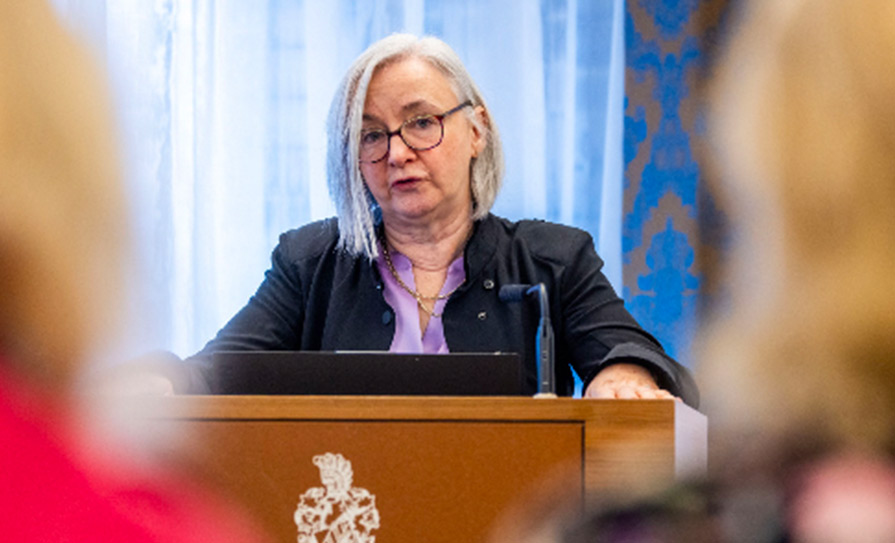

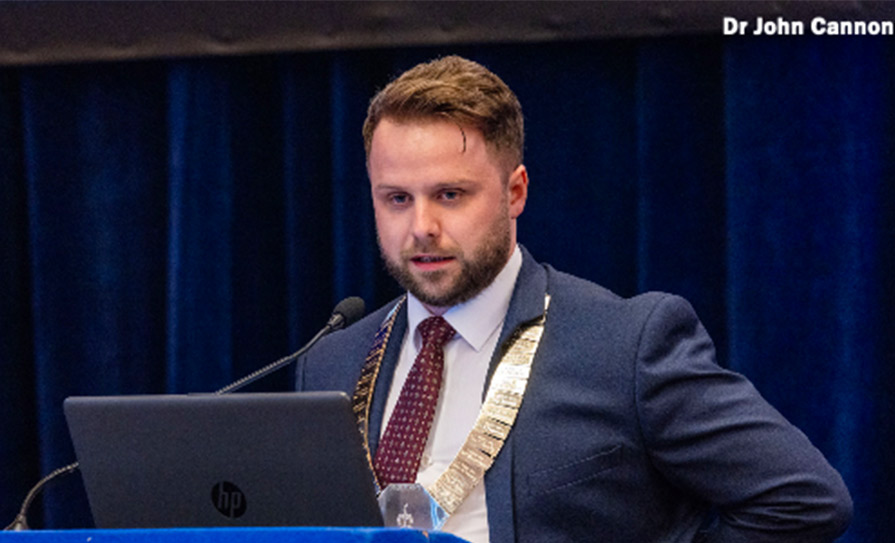
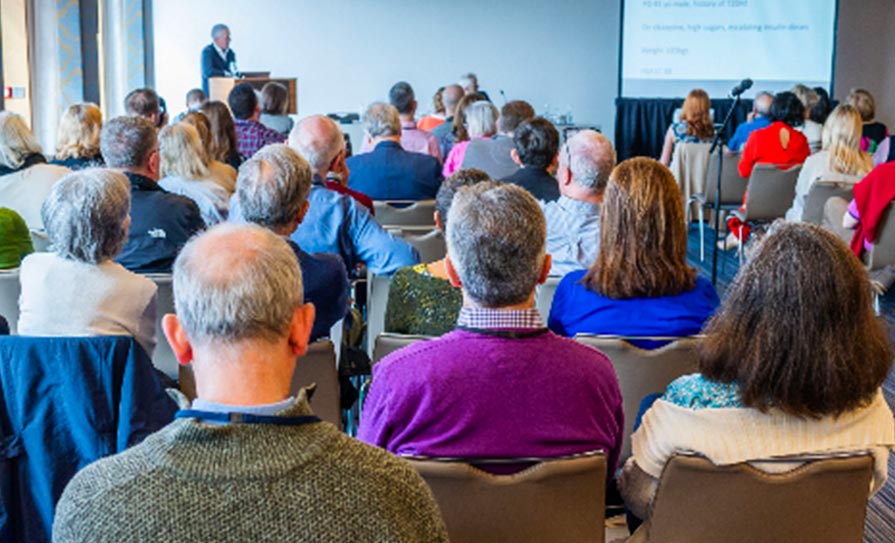




Leave a Reply
You must be logged in to post a comment.